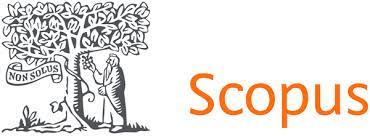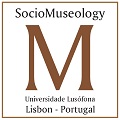Waldisa Russio's contributions to the development of Cultural Accessibility: practices, reflections and reciprocities with the thought of Sociomuseology
Abstract
The text "The Contributions of Waldisa Russio to the Development of Cultural Accessibility: practices, reflections, and reciprocity with Sociomuseology Thinking" presents the convergences between the ideas of Waldisa Russio, a pioneering Brazilian museologist in theoretical propositions and museum projects accessible to people with disabilities and socially vulnerable groups, with Cultural Accessibility and Sociomuseology. Through the analysis of her ideas and empirical actions found in her master's dissertation, Brazilian museum projects, articles published in international journals, and her references, we aim to establish connections with current thinking and practices in Cultural Accessibility, in which field, Brazil asserts its pioneering role, while also beginning to foster new connections with the Sociomuseology school of thought, particularly through the Postgraduate Program in Museology and Heritage at Universidade Lusófona de Humanidades e Tecnologias. It is important to note that this text does not aim to exhaust the topic or claim indisputable statements about Waldisa's theoretical and empirical contributions to museum accessibility. Instead, it seeks to open pathways for new perspectives and dialogues by sharing some of the experiences she developed.
Keywords: Waldisa Russio. Cultural Accessibility. Accessibility in Museums. Cultural Rights. People with disabilities. Sociomuseology.
Downloads
Authors retain copyright and grant the journal right of first publication with the work simultaneously licensed under aCreative Commons Attribution License that allows others to share the work with an acknowledgement of the work's authorship and initial publication in this journal.













